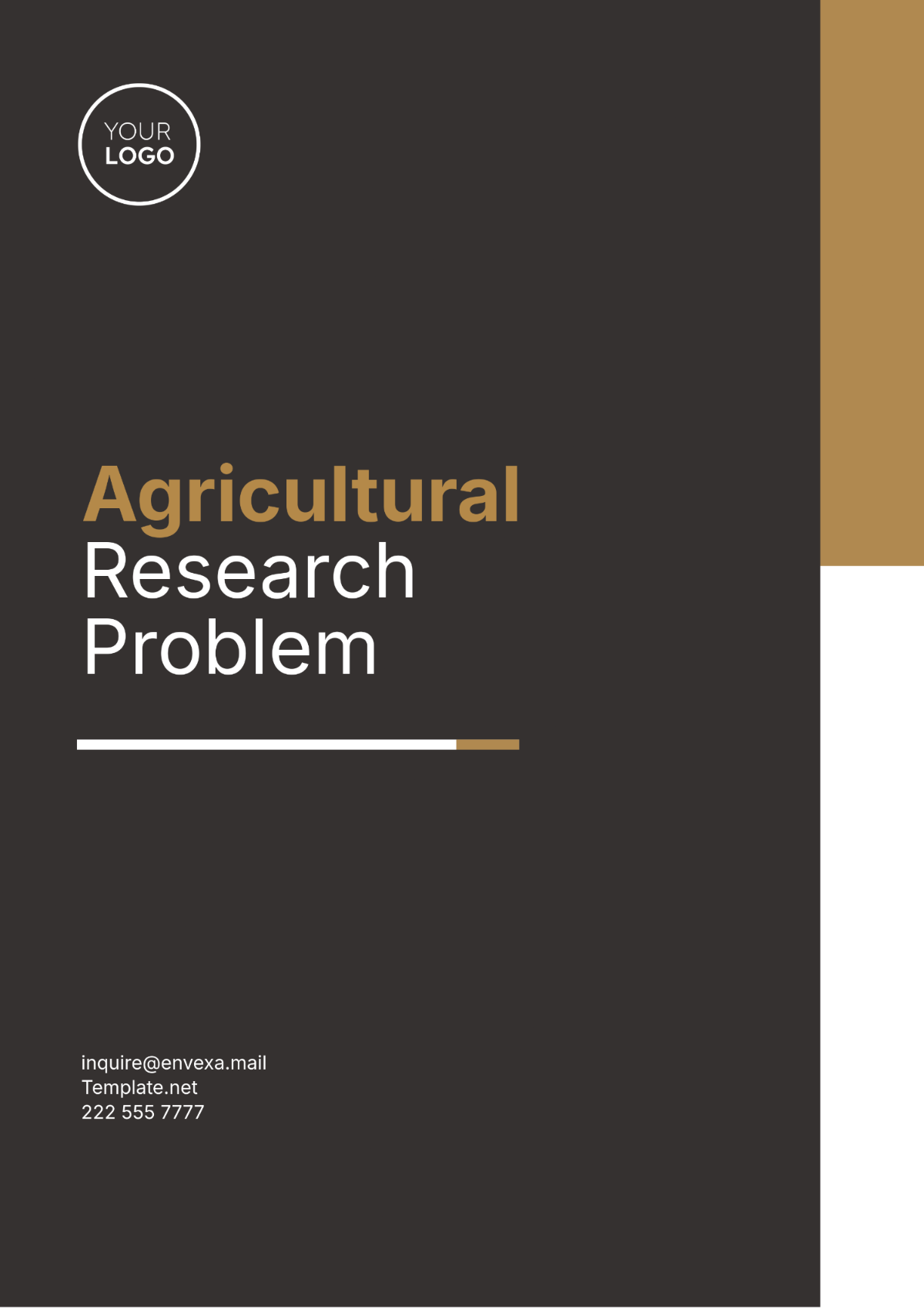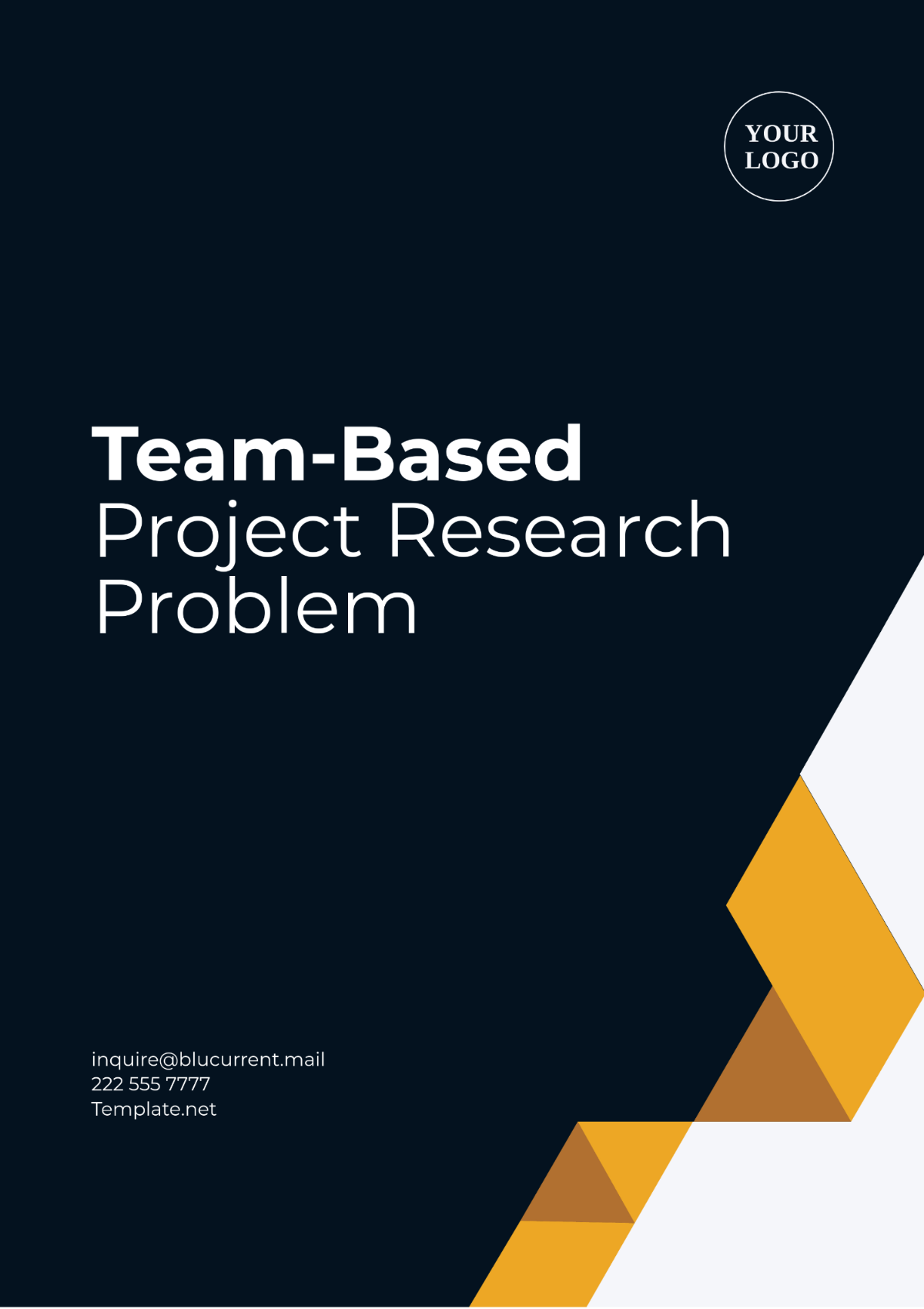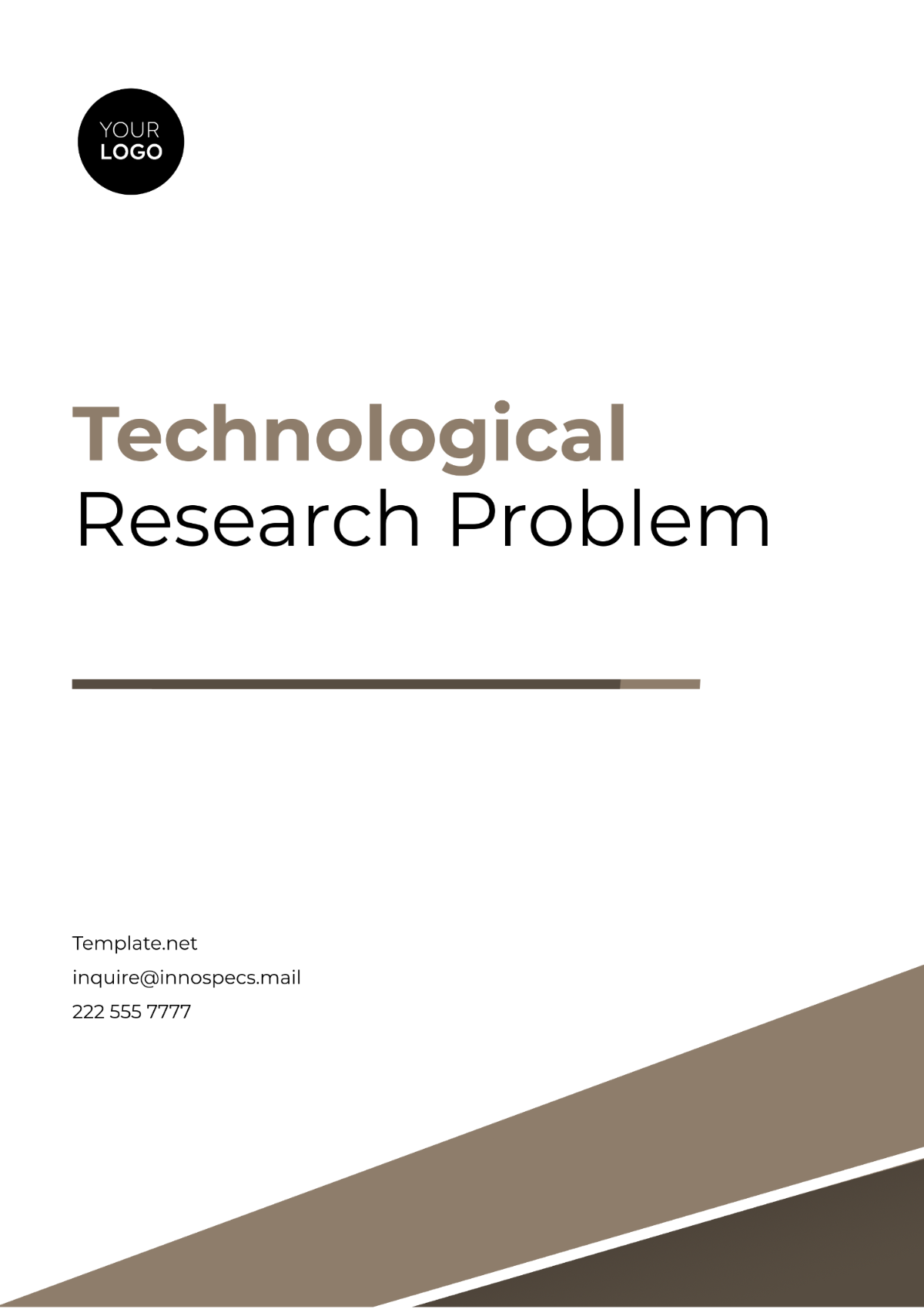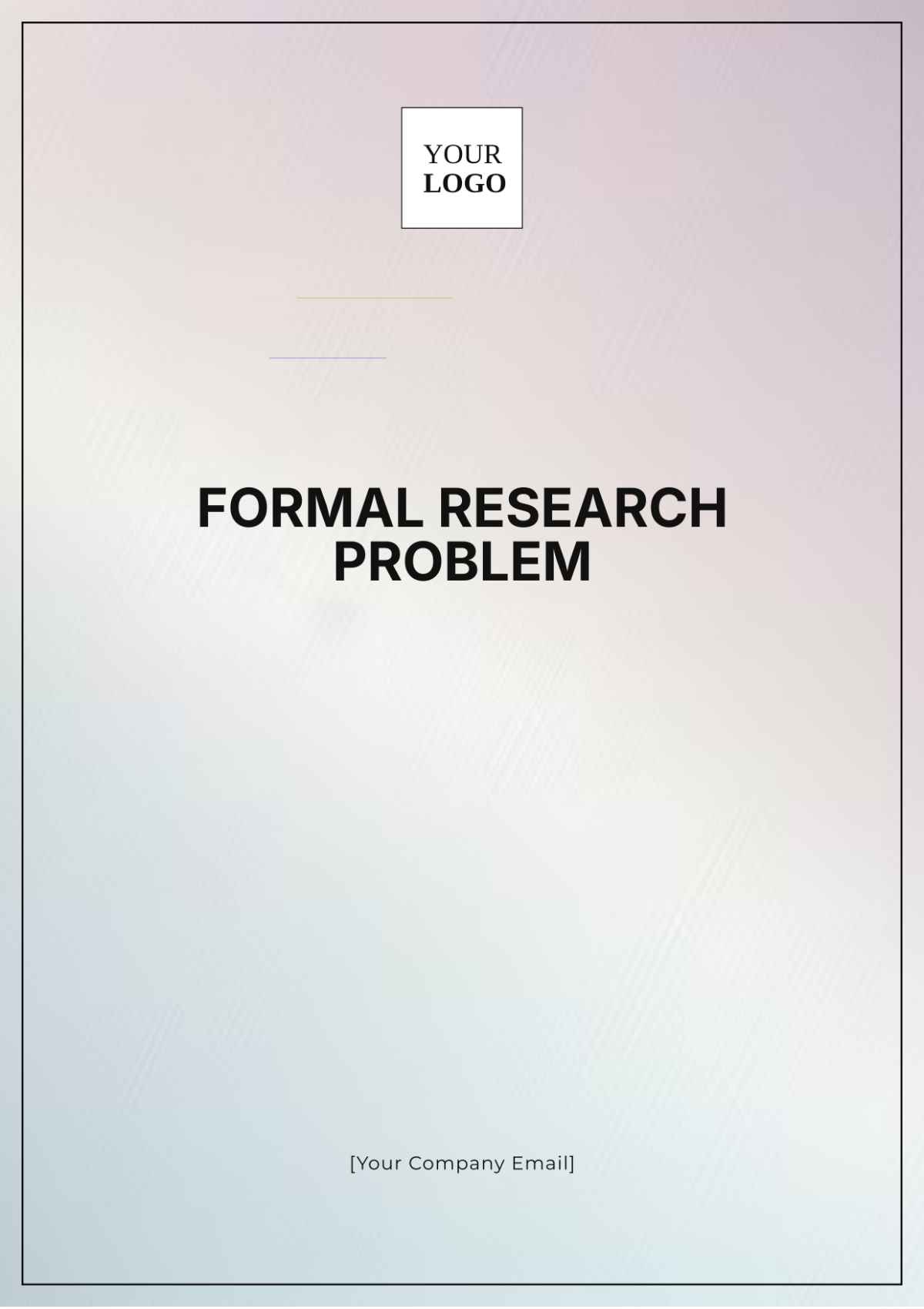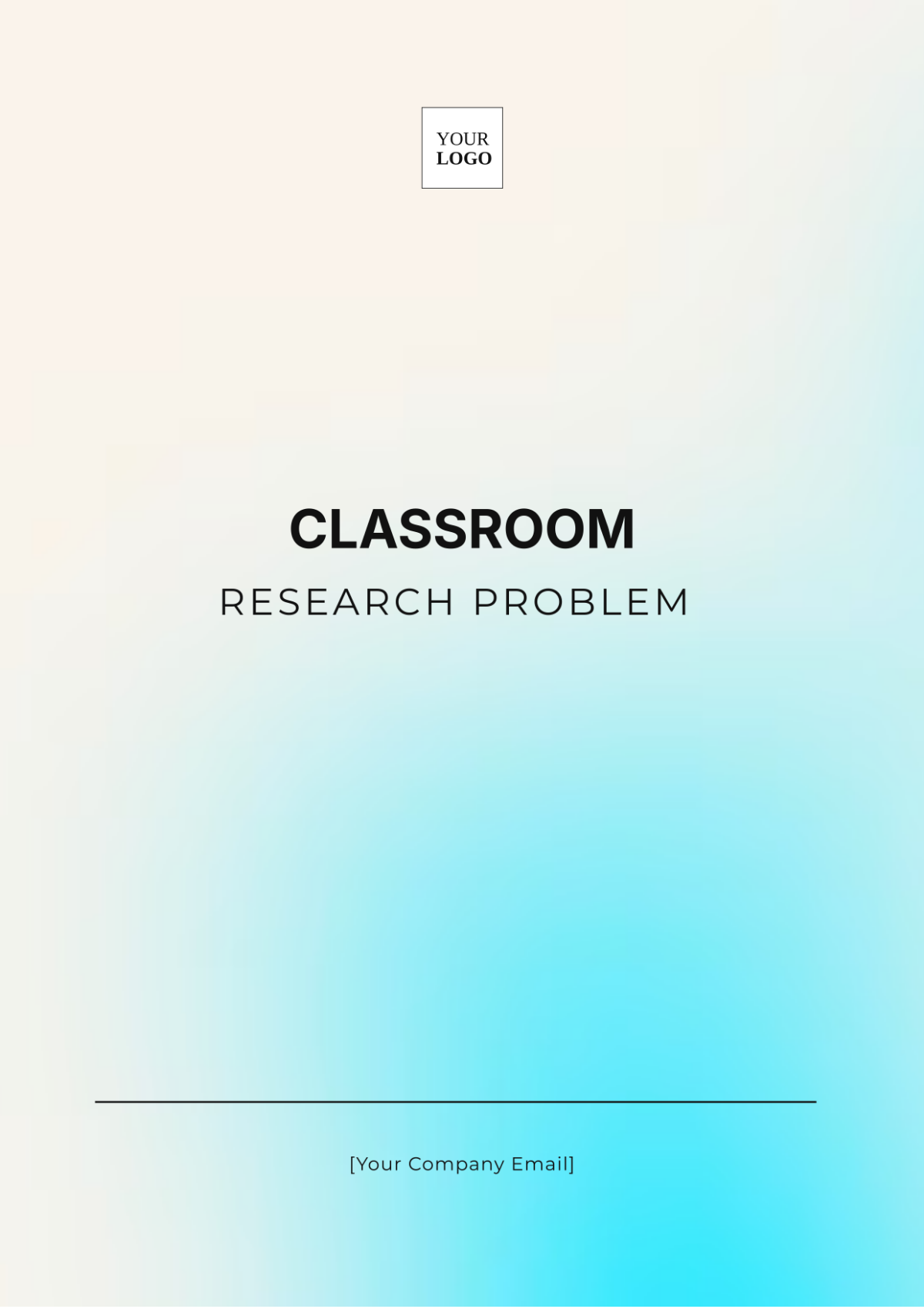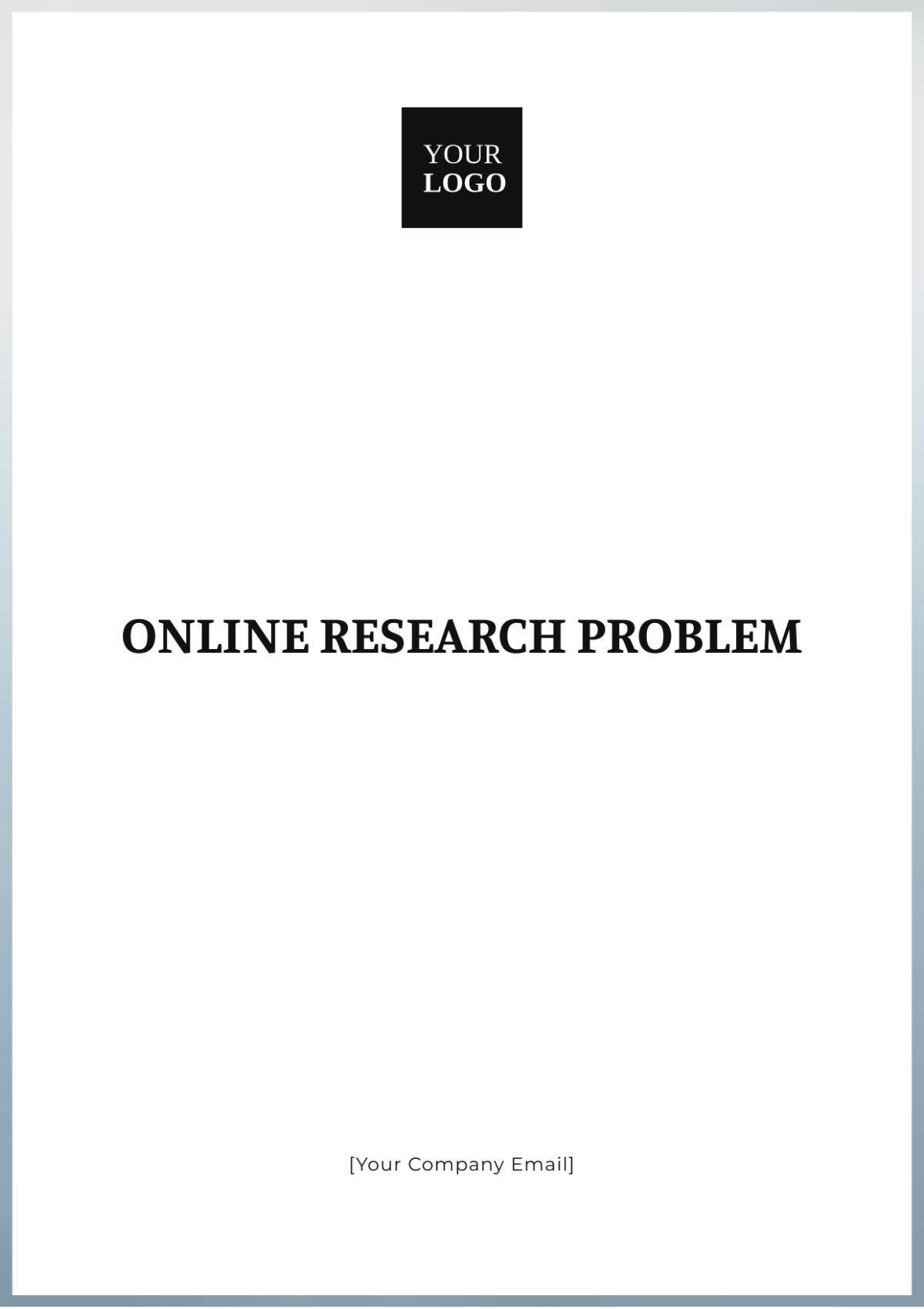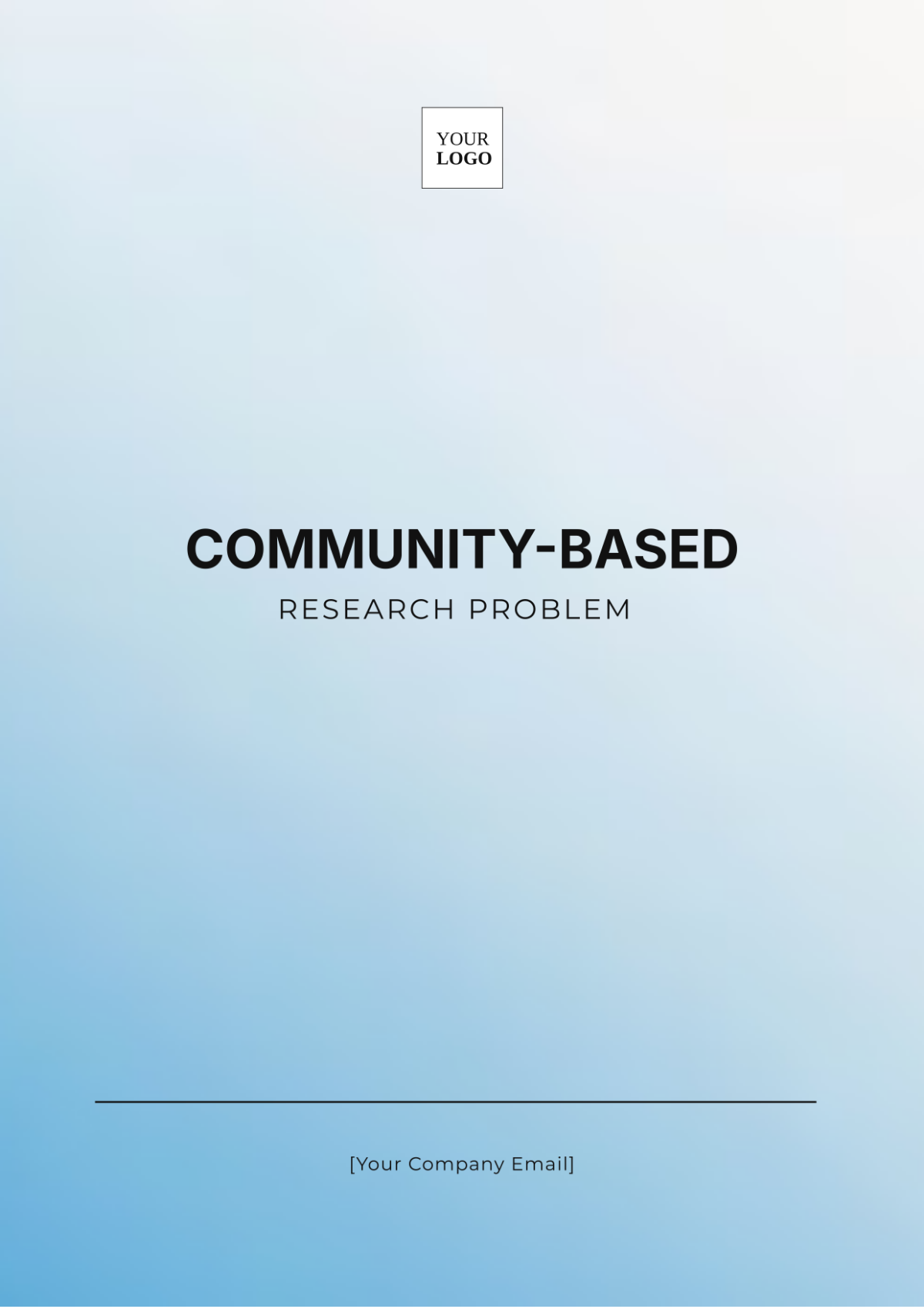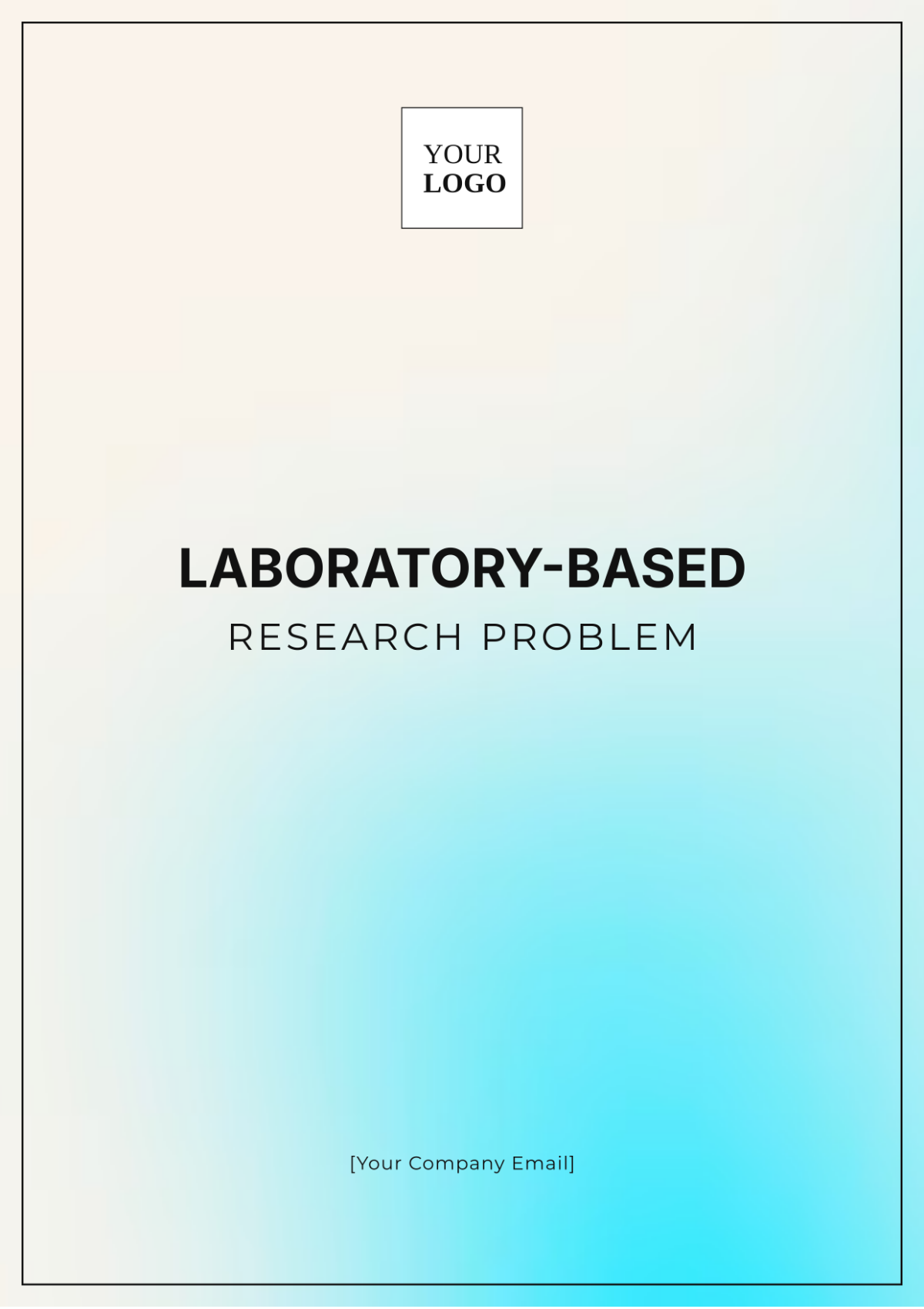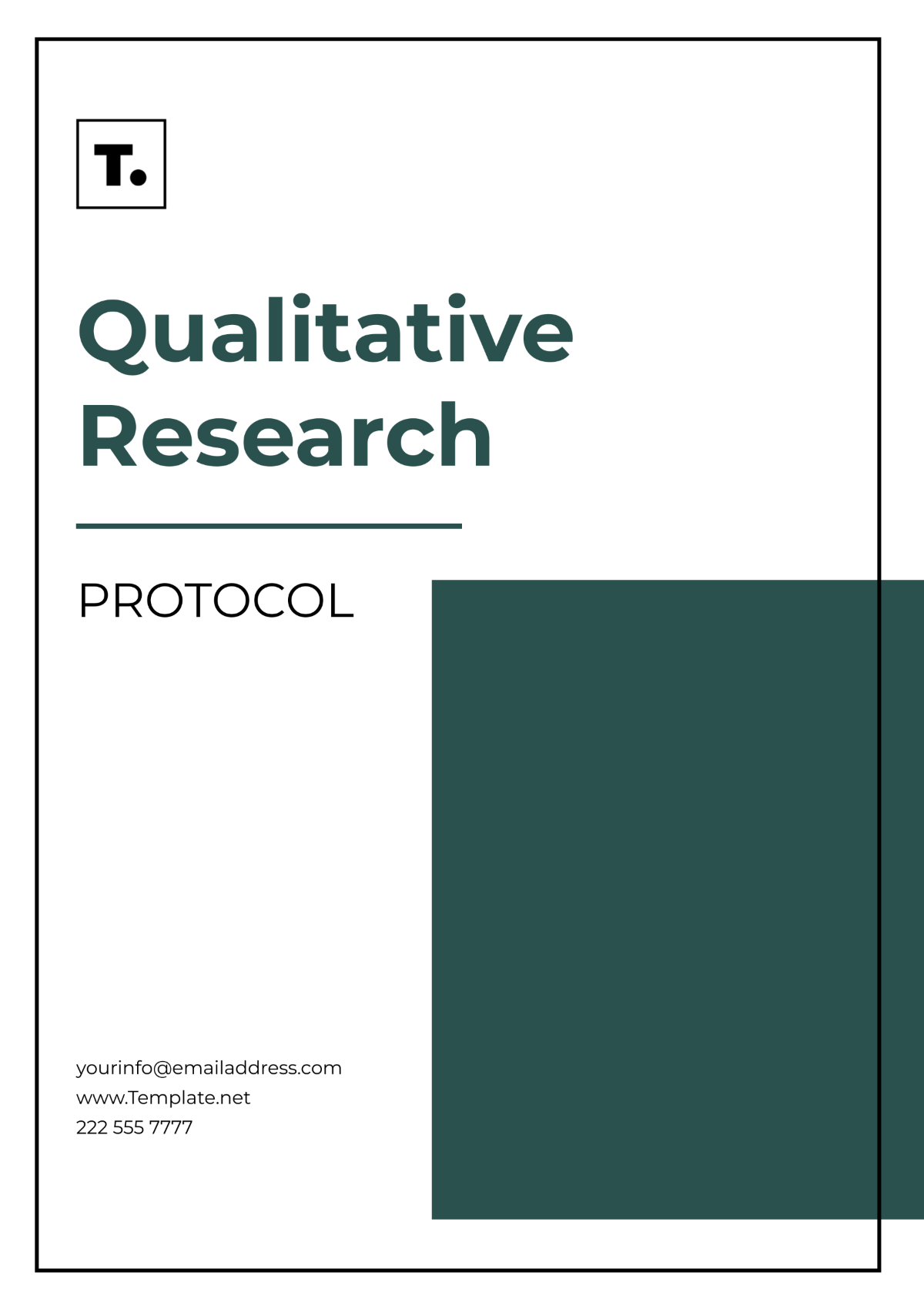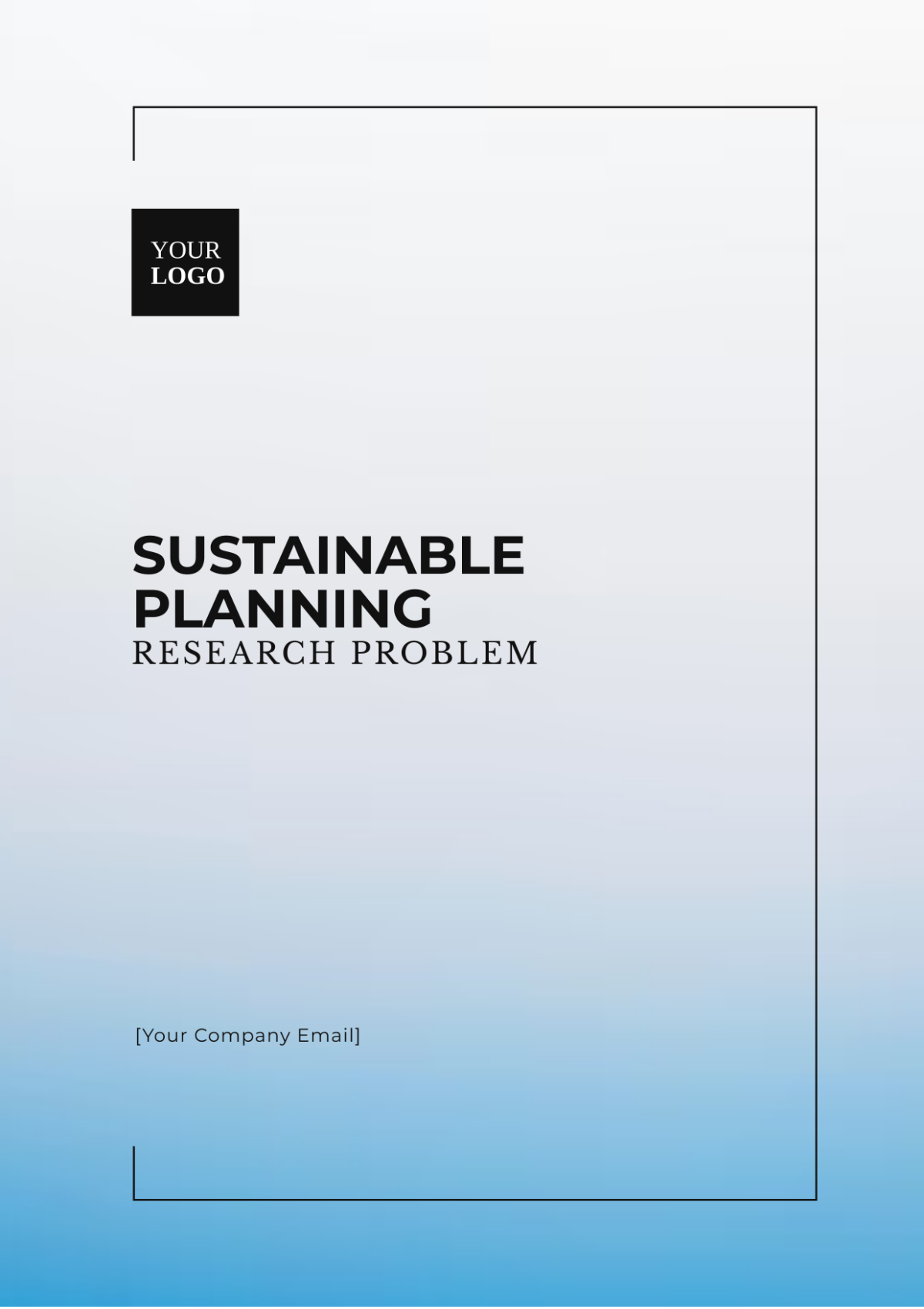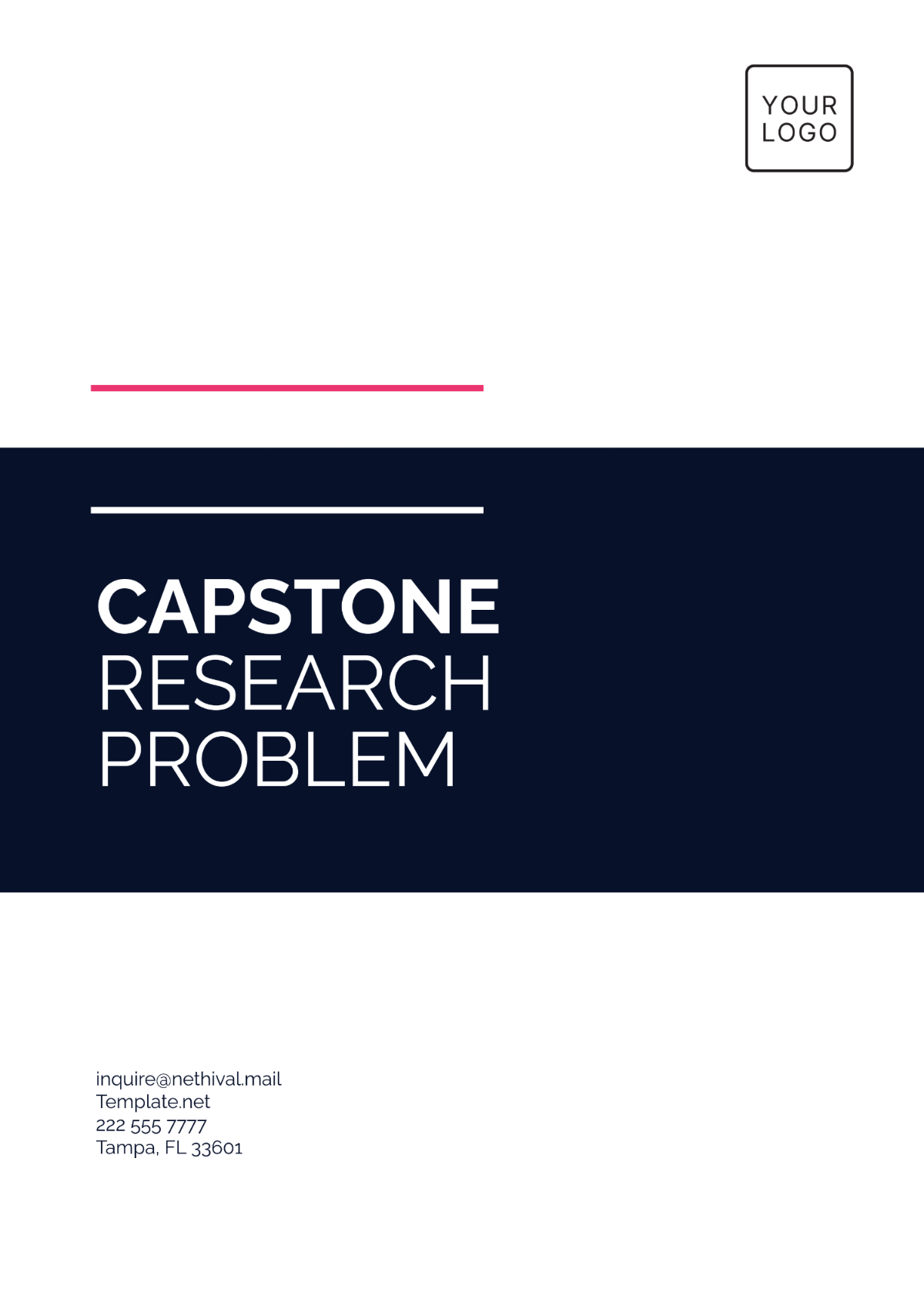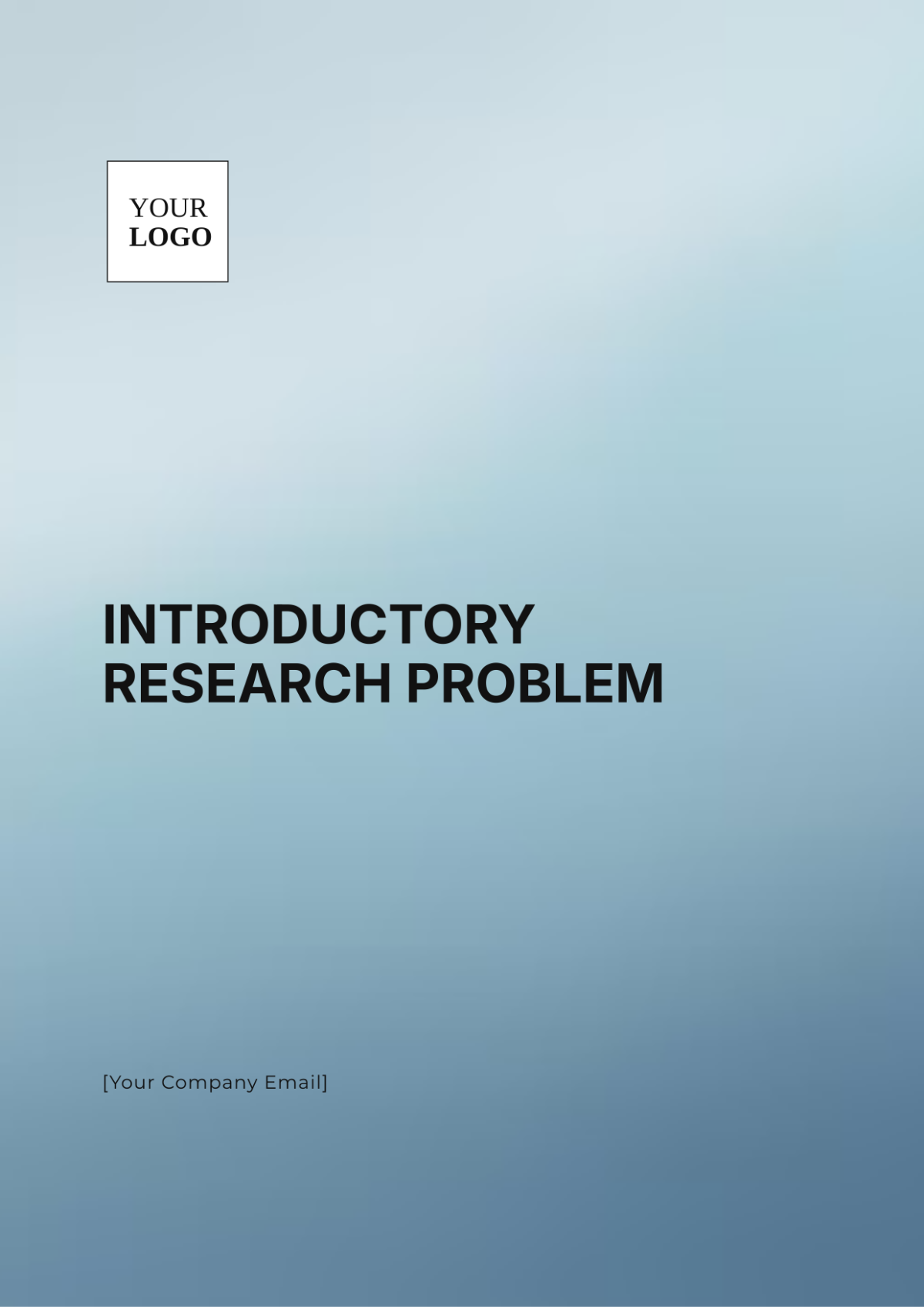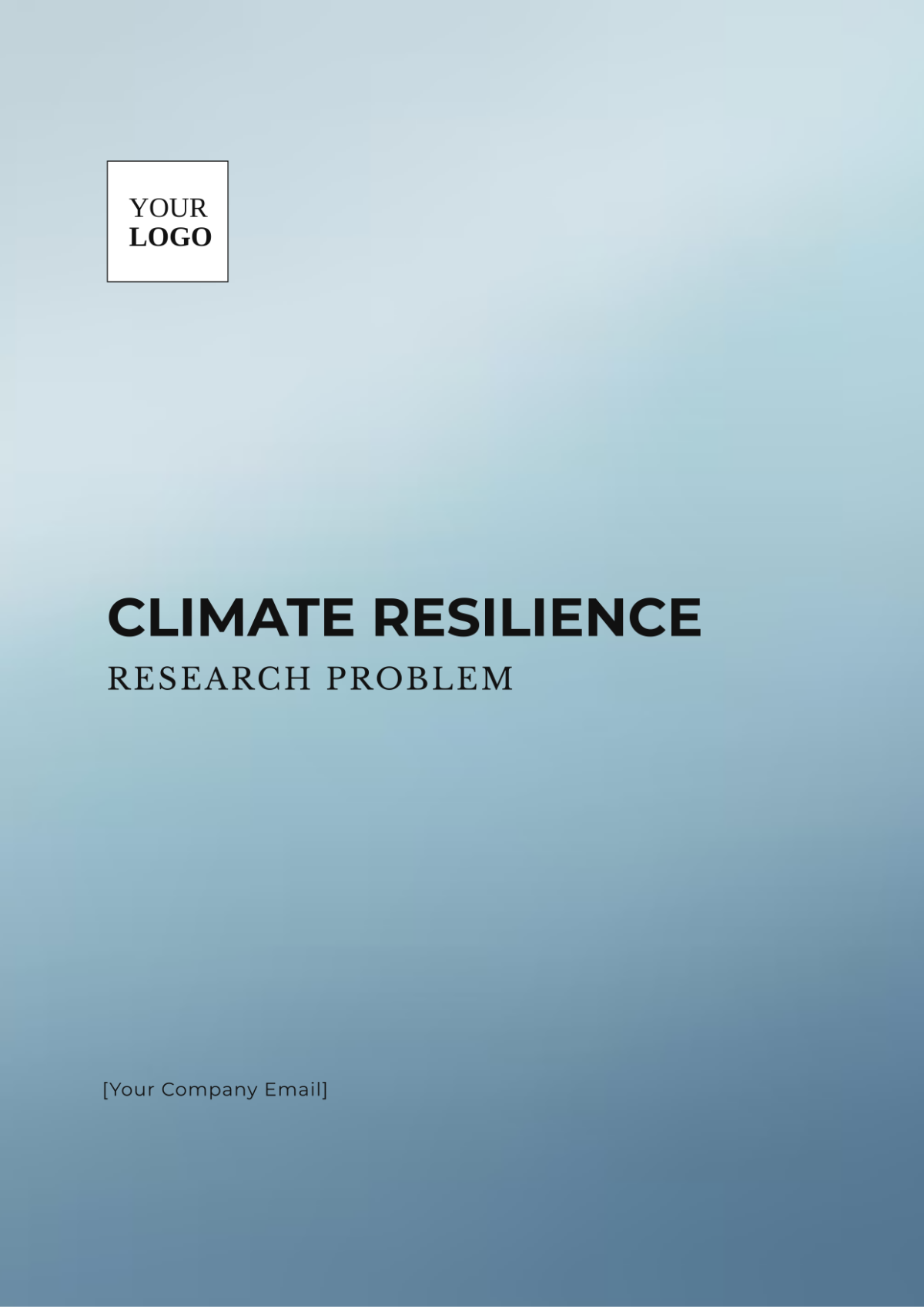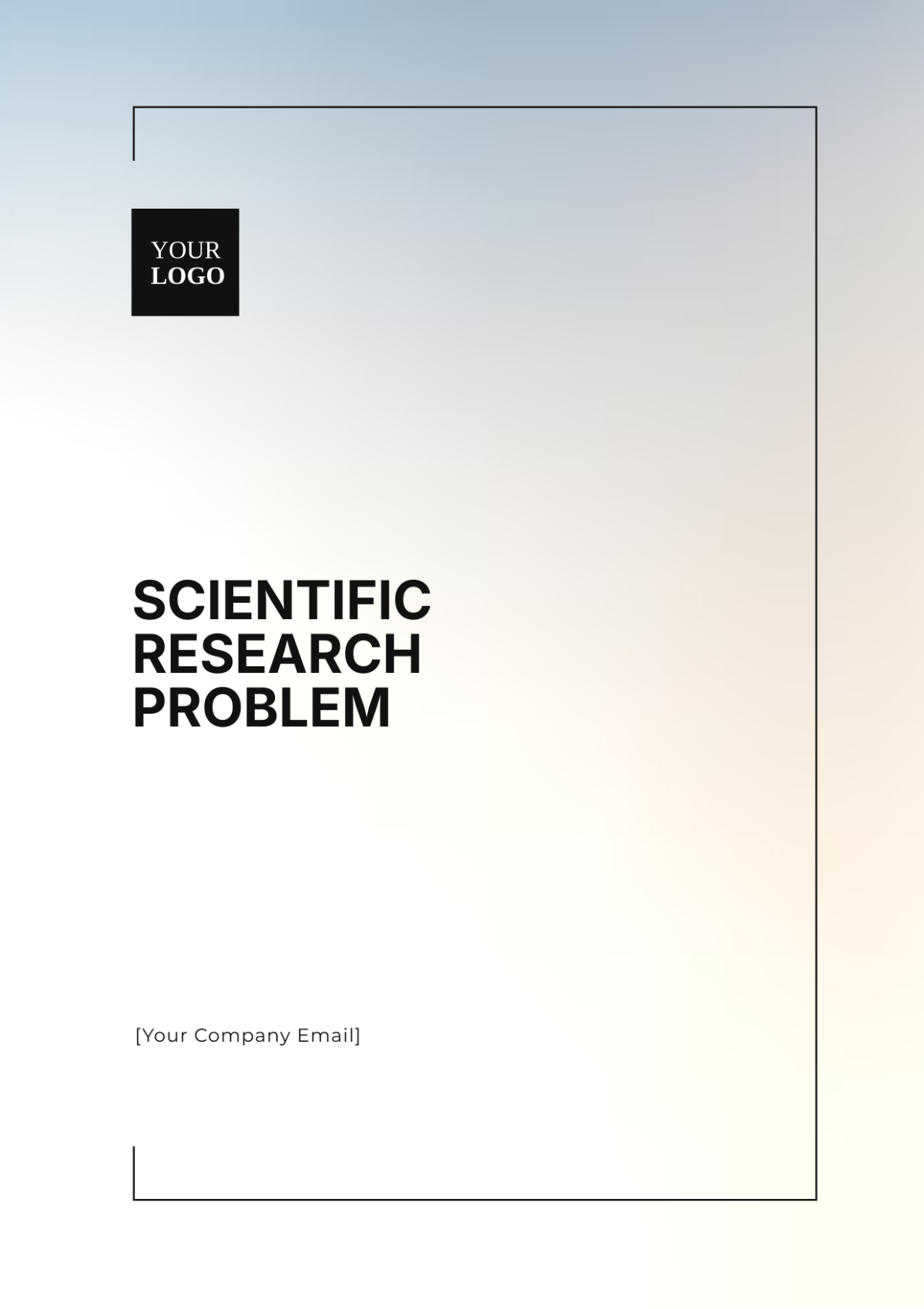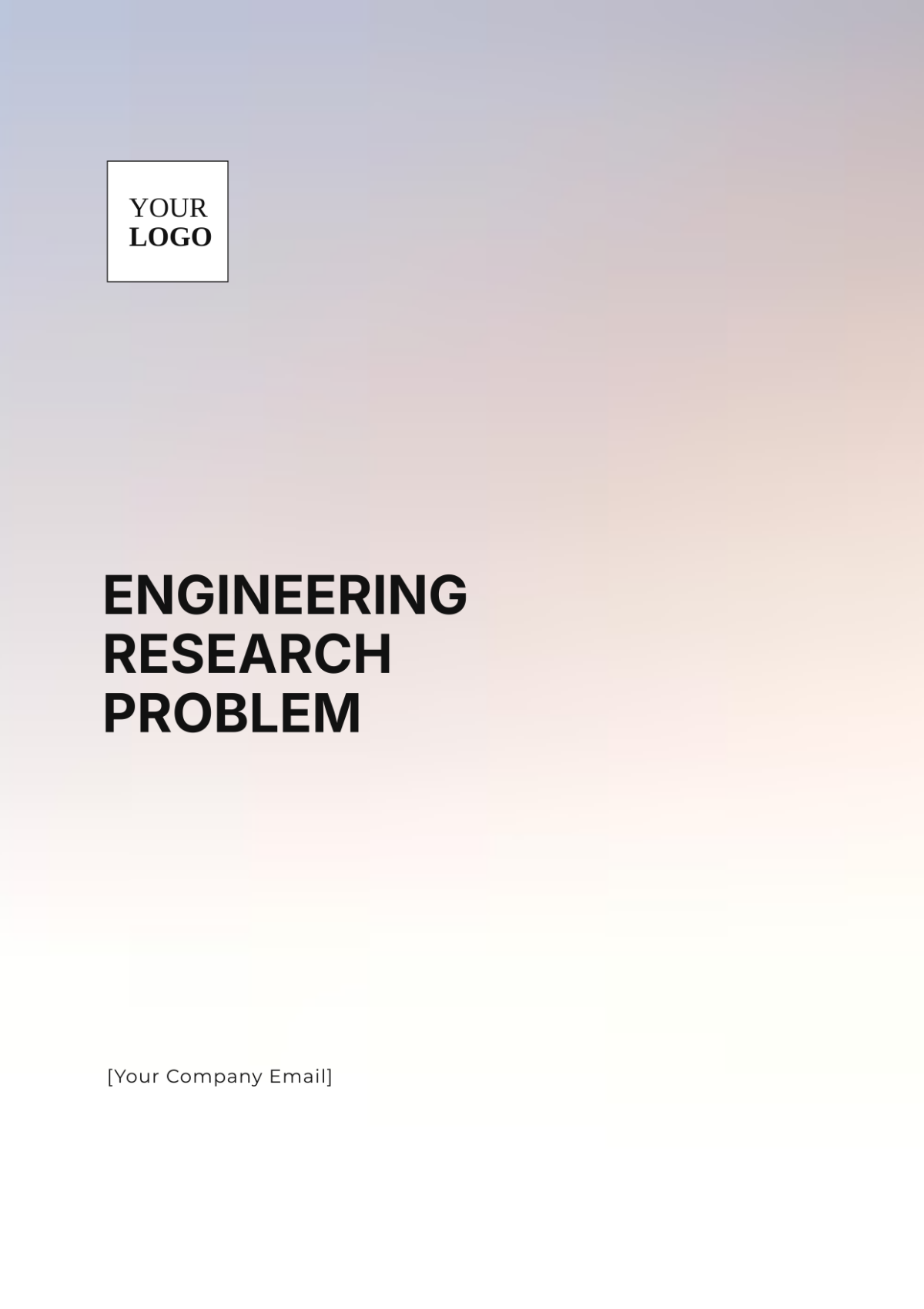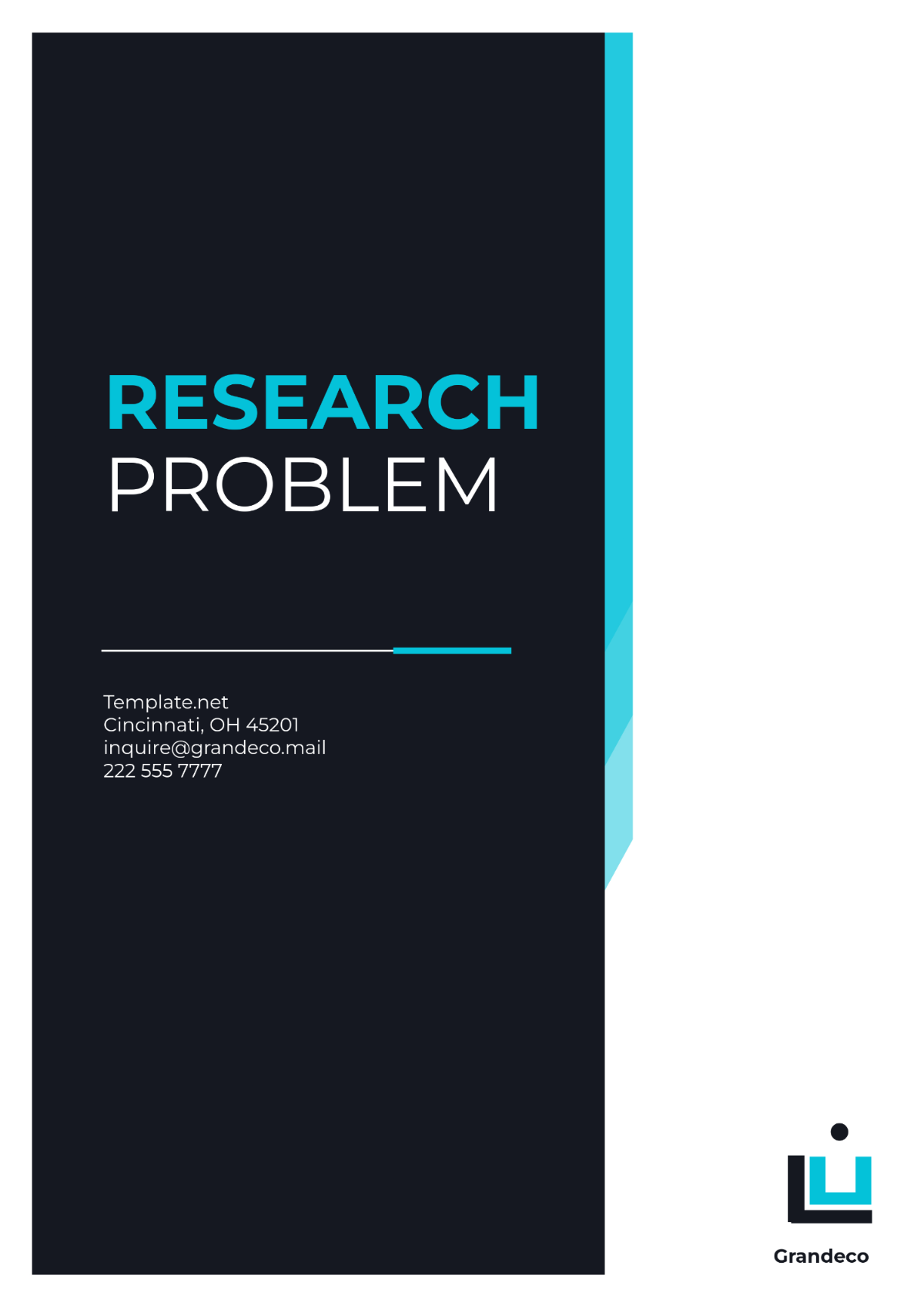Peer Tutoring Action Research
Prepared by: [Your Name]
Date: [Date]
1. Introduction
Peer tutoring has emerged as a powerful educational strategy to enhance learning outcomes and foster academic growth. This research aims to explore the effectiveness of peer tutoring in improving student performance and engagement in secondary education. Given the rapid advancements in educational technology and pedagogy, understanding how peer tutoring can be optimized is crucial for future educational practices.
Purpose of the Research
The primary objectives of this research are:
To evaluate the impact of peer tutoring on student academic performance and self-confidence.
To identify best practices and strategies for implementing peer tutoring programs effectively.
To assess the role of technology in supporting peer tutoring and facilitating collaboration among students.
2. Literature Review
Recent studies have highlighted the benefits of peer tutoring, including increased student achievement and enhanced interpersonal skills. Research by Smith et al. (2051) demonstrated that students participating in peer tutoring programs showed a 15% improvement in test scores compared to those who did not. Additionally, Johnson and Lee (2053) found that peer tutoring fosters a collaborative learning environment, improving academic and social outcomes.
However, there is limited research on integrating digital tools in peer tutoring programs. Our study aims to address this gap by examining how technological innovations can support and enhance peer tutoring practices.
3. Methodology
This research utilized a mixed-methods approach, combining quantitative and qualitative data collection.
Participants: The study involved 200 high school students from three diverse schools.
Procedures: Students were divided into pairs and engaged in bi-weekly peer tutoring sessions over six months.
Data Collection: Academic performance was measured through pre- and post-assessment tests, while qualitative data was gathered through participant surveys and interviews.
Tools: Digital platforms such as TutoringTech and EduConnect were used to facilitate communication and resource sharing among students.
4. Findings
The research revealed several key findings:
Students who participated in peer tutoring showed an average improvement of 18% in their test scores.
Surveys indicated a 25% increase in student confidence and motivation towards learning.
The use of digital tools was positively received, with 80% of participants reporting that these tools made the tutoring sessions more effective and engaging.
5. Discussion
The findings suggest that peer tutoring significantly enhances academic performance and student confidence. The integration of technology into peer tutoring programs appears to facilitate better communication and resource sharing, contributing to more effective learning outcomes. This research supports the continued development and implementation of peer tutoring programs, especially those incorporating digital tools.
6. Recommendations
Based on the research findings, the following recommendations are proposed:
Schools should implement structured peer tutoring programs with clear guidelines and goals.
Educators should consider incorporating digital tools to support peer tutoring and enhance collaboration.
Ongoing training and support for both students and tutors are essential in ensuring the effectiveness of the program.
7. Conclusion
This research underscores the value of peer tutoring as an effective educational strategy. By leveraging both traditional and technological approaches, schools can significantly improve student performance and engagement. Future research should continue to explore innovative ways to integrate technology into peer tutoring programs to maximize their impact.
8. References
Smith, J., & Brown, L. (2051). The Impact of Peer Tutoring on Academic Achievement. Journal of Educational Research, 34(2), 115-130.
Johnson, A., & Lee, K. (2053). Collaborative Learning Through Peer Tutoring: A Review of Best Practices. Educational Technology Review, 42(4), 205-219.
















